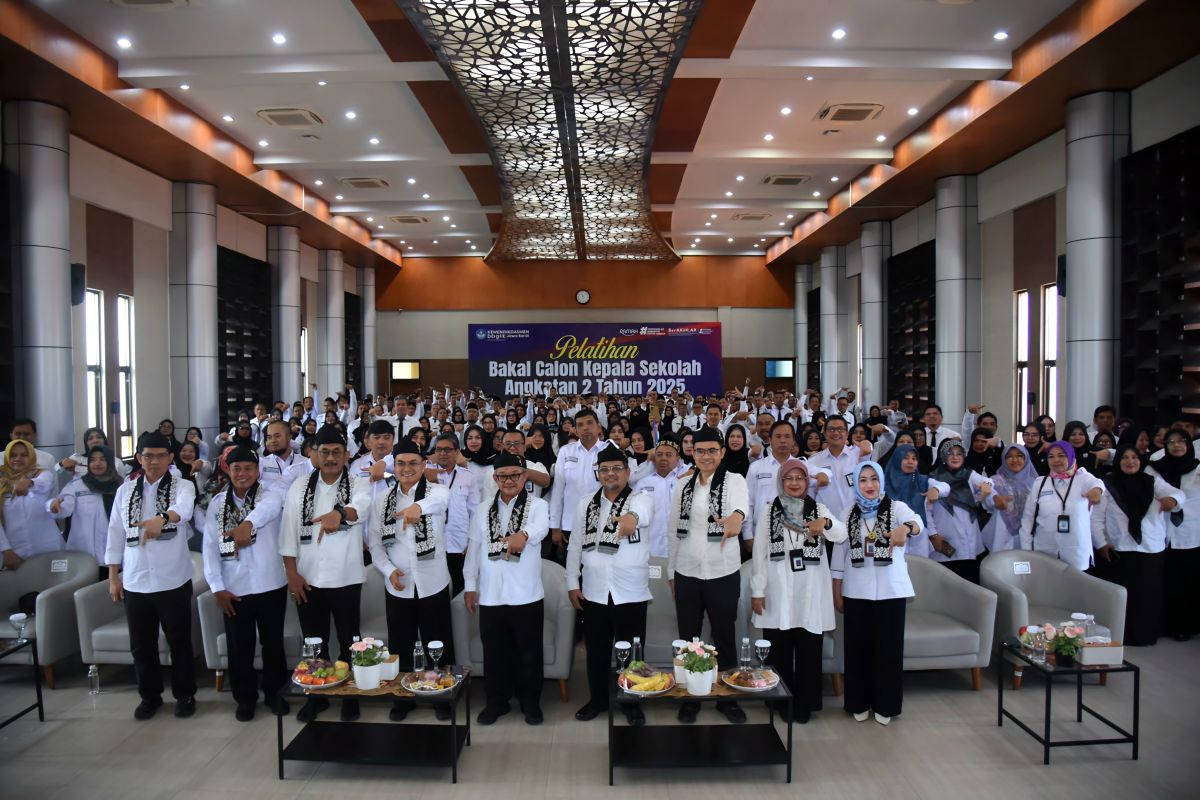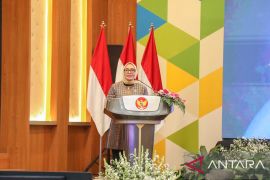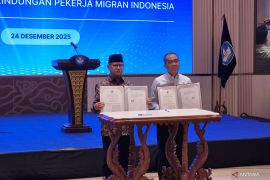He officially closed the second cohort of the 2025 Prospective School Principal Training Program (BCKS), addressing 431 participants selected from various educational levels and regions across West Java.
Speaking to the aspiring school leaders, Mu’ti underlined the critical role of principals in shaping the direction and quality of education at the school level, describing them as the “brains” behind the functioning of their institutions.
“A school principal must always uphold the commitment to be a servant leader — a leader who serves. It means dedicating our profession to benefit others. Service-oriented, giving-oriented,” Mu’ti said in a written statement released in Jakarta on Wednesday.
He continued with a reflection: “This world has enough to sustain all of God’s creatures, but not enough to satisfy one greedy person. If we are driven by greed, we will never feel fulfilled. But if our focus is on serving, every task becomes meaningful and joyful.”
Mu’ti urged the future principals not to become ordinary or passive leaders, but to embrace agility — the capacity to adapt and respond to change while maintaining a strong vision.
“An agile leader is not easily shaken. They may sway left or right in the face of challenges, but they don’t fall — they adjust while holding onto their vision. That’s what it means to be agile. A leader must always be ready to evolve,” he explained.
He also likened the school principal to the "eyes" of the institution — those who provide vision and perspective in shaping educational programs. A principal, he said, must be a good listener, open to feedback, and an effective communicator in articulating ideas and directions.
“In a school, the principal is the head — they determine the overall image and the direction of the institution,” he said.
Mu’ti expressed hope that the 431 prospective principals would treat their future roles as an opportunity to serve and make a positive impact on others, driven by a mindset of giving and contributing.
At the same event, Director of Principals, Supervisors, and Education Personnel at the Ministry, Iwan Junaedi, reported that as of the latest data from May 7 to September 21, 2025, the national shortage of school principals has decreased by 51.55 percent.
“The progress in meeting the demand for school principals — both in public and private schools — has seen a 51.55 percent reduction,” he said.
The BCKS program aims to fill leadership gaps in schools by preparing competent and ready candidates to step into principal roles.
The training is designed not only to produce administrative managers but to shape strategic leaders capable of improving education quality.
Related news: School Leadership Program targets principal position shortfall
Translator: Hana, Azis Kurmala
Editor: Primayanti
Copyright © ANTARA 2025












